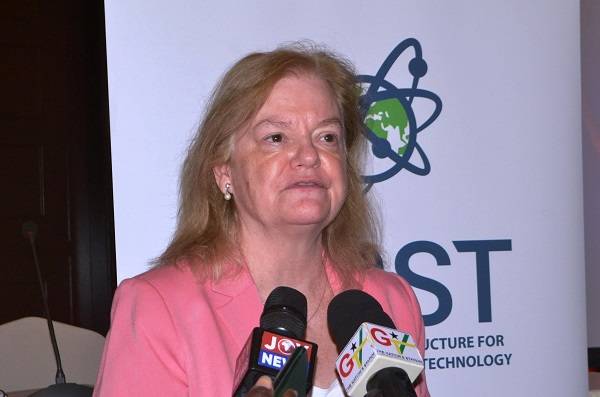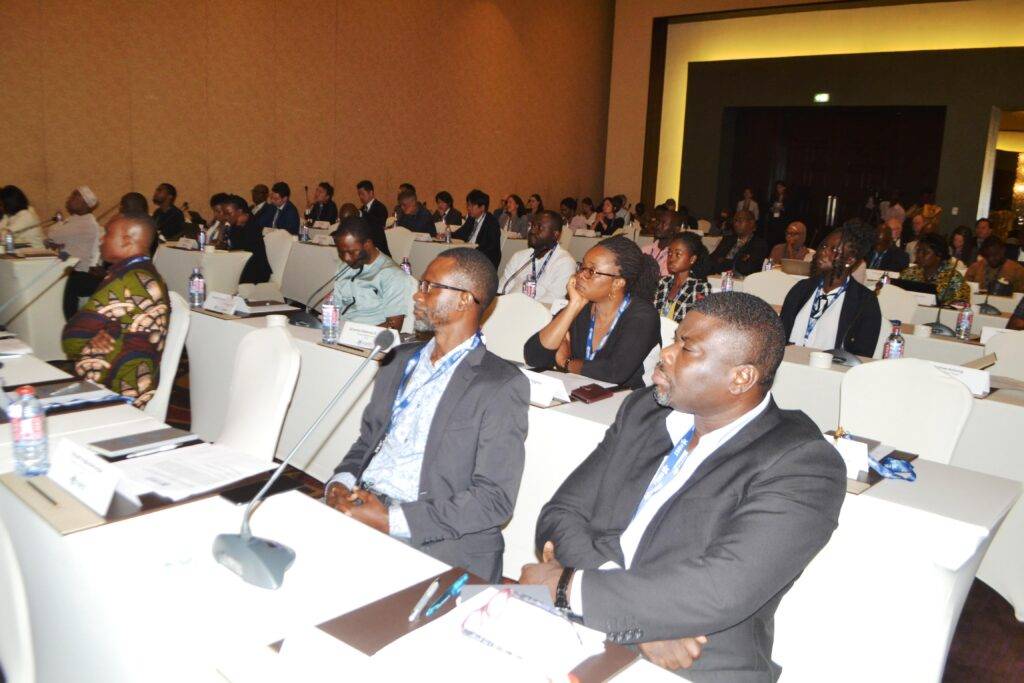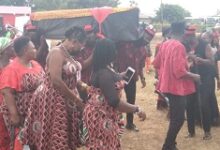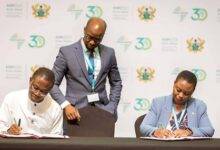
Ghana is to benefit from a $1.75 million support fund towards establishing the country as a Small Modular Nuclear Reactor (SMR) regional training hub and centre of excellence for the sub-Saharan African region.

The support focuses on Ghana’s nuclear workforce development, including the provision of an SMR control room simulator, university partnerships, and academic exchanges to position Ghana as a regional training hub for nuclear power technicians and operators.
It is one of the benefits accrued to countries which participate in the Foundational Infrastructure for Responsible Use of Small Modular Reactor Technology (FIRST) capacity building programme which Ghana has done since 2022.
The funding support was announced by the USA Principal Deputy Assistant Secretary of State for International Security and Nonproliferation, Ann Ganzer, during the opening of a two-day FIRST Africa Regional conference on Civil Nuclear Energy Development in Accra yesterday.
She stated that, through the support, Ghana would be positioned to develop a skilled nuclear workforce for the region consistent with the highest international standards of nuclear safety, security, and nonproliferation.
The funding support, she stated, was another step in the U.S’ commitment to deepen civil nuclear cooperation and support Ghana’s goal of being a first mover in Africa.
She noted that USA support to Ghana would include technical assistance, professional training exchanges, and regulatory framework collaboration.
“With this support, Ghana will be positioned to develop a skilled nuclear workforce for the country and the region consistent with the highest international standards of nuclear safety, security, and nonproliferation.
This partnership will assist Ghana and other like-minded countries in the region in moving towards clean, affordable, safe, and secure energy sources,” Madam Ganzer noted.
FIRST, she said, supports Ghana’s leadership in the region on moving towards SMR deployment, consistent with the highest international standards for security, safety, and nonproliferation, and its development of a skilled nuclear workforce to achieve decarbonisation and energy security goals.
Earlier this year, she noted that, the U.S. Department of State, Bureau of International Security and Non-proliferation hosted a high-level delegation from Ghana and Kenya to visit U.S. national laboratories and operating nuclear power plants to strengthen partnerships, with support by the FIRST Programme.
Madam Ganzer said the USA was committed to supporting the use of innovative clean energy technologies to power global decarbonisation efforts and providing options to achieve net zero transition in hard-to-abate energy sectors.
Daniel Wordson, Research Scientist at Nuclear Plant Ghana (NPG), said Ghana was undertaking nuclear power development through a multilateral approach that includes regional cooperation to ensure it was immune from national politics and engenders peace and security.
This, he said, would also facilitate financing and promote harmonised regulatory frameworks, technology and standards that would guide the operation of a nuclear plant.
He noted that Ghana would develop and deploy its nuclear energy in conformity with the internationally recognised safeguards, safety and security.
Despite the cost implications, he stated that, investments in nuclear energy was necessary to protect the environment and climate from further deterioration.
BY CLAUDE NYARKO ADAMS







